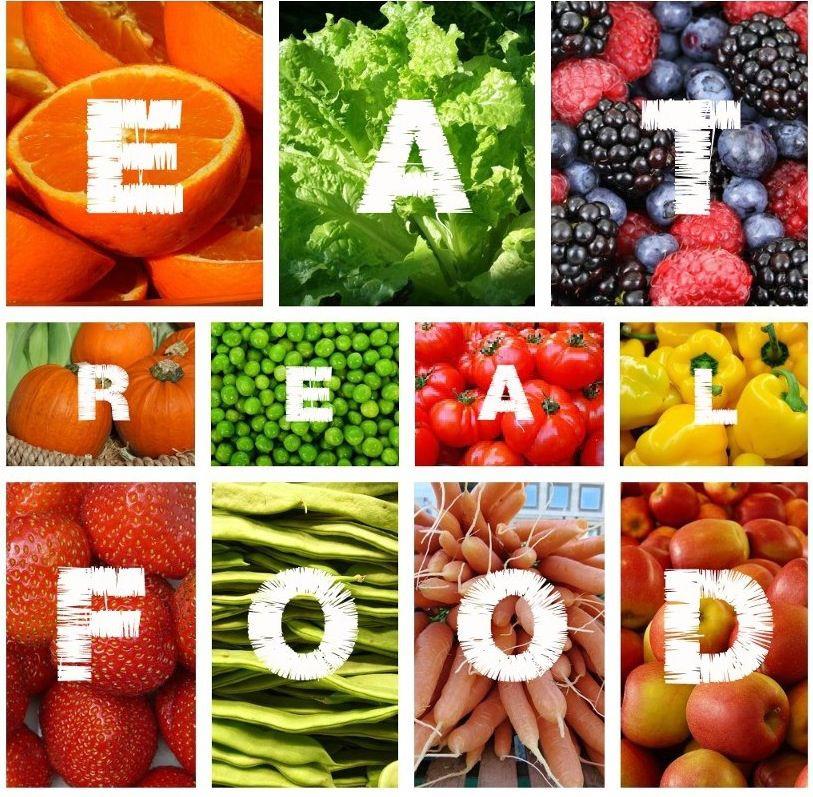Healthier food, bottom line drive sustainable farming
Good storyline: With Focus on food nutrition – Sustainable agriculture, once an abstract concept, is now a big part of the health industry.

Sustainable farming is generally defined as using plant and animal production practices that are site-specific and will last over the long term. The trend is driven, in part, by new and smaller farmers who see it as a financially viable way to tap into the broader farming industry through niche market for healthier foods. But conventional farmers are getting on board, too.
As program director for Clemson’s New and Beginning Farmer program, Dave Lamie has seen a marked shift over time interest in sustainable agriculture. He’s seen wider interest across the board from students entering the program. He said the trend is driven by health and environmental interest, but also by economics.
In terms of program participants, “I would say all of them to some degree have what we call a triple bottom-line ethic,” says Lamie, associate professor of community economics at Clemson. “It’s the whole profit, people and planet idea.”
That awareness for balancing economic, environmental and social dimensions of business performance is pervasive across the board, Lamie says. Students range from young people to retirees who are drawn by an interest in healthier food and a healthier environment to conventional farmers who are drawn by pure economics.
Likewise, CFSA’s sustainable agriculture conference has seen similar growth. This year’s event features more than 50 food and farm workshops, farm tours, hands-on intensives, and locally sourced, organic meals. In addition, three nationally recognized experts will speak, including Mark Shepard, the owner and farmer at New Forest Farm in Viola, Wisconsin, considered one of the most ambitious sustainable agriculture projects in the country.
“We’re seeing it on a lot of fronts,” Stewart says of the people who are drawn to the event. “We’re seeing conventional growers either decide to transition, or as they make a generational shift, sometimes the younger generation sees business opportunities to regrow land, too. And we’re also seeing more people wanting to grow their own food who are interested in how to source food locally as well.”
